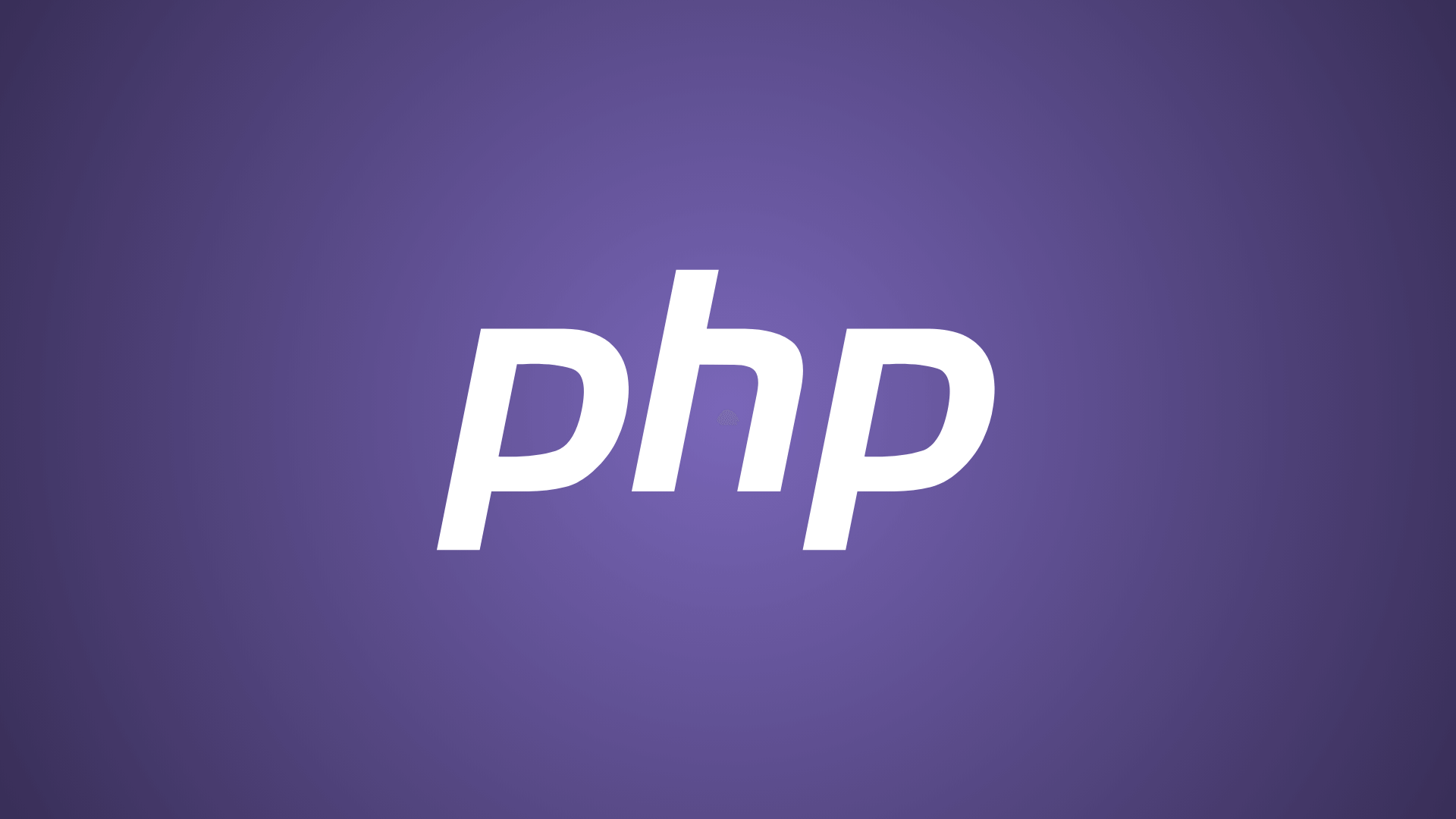
Black Sheep Blog
Updating PHP and Why It Can't Wait
21 Oct 2024
If you have a PHP-based website, making sure it’s kept up to date is more important now than ever. In today’s fast-paced digital landscape, security threats are increasingly sophisticated, and outdated software is a prime target for malicious attacks.
Regular updates ensure that your website is guarded against the latest threats. Additionally, newer versions of PHP often come with performance enhancements, which can improve the speed and efficiency of your website.What even is PHP?
PHP is one of the top web development languages on the market in 2024, and almost 80% of the internet relies on it in some way. SilverStripe, Wordpress, Drupal, and many other website frameworks are powered by this popular open-source language.
Like everything tech-related, PHP goes through a "lifecycle" with different stages: active development, maintenance, and end-of-life. Initially, new PHP versions get exciting features and improvements. Later, they receive essential security updates. Eventually, they reach end-of-life and no longer get any updates, including security fixes. Once the version reaches that point, it's very vulnerable and opens the door to security problems!
Why does this matter?
Using a version that’s in active development or in maintenance means that your website will be secure, and be on its way to being the best it can be. On the other hand, using a version that has reached end of life can expose your site to security risks, compatibility issues, and performance issues. Regularly updating to a supported version ensures your website remains safe, fast, and efficient.
Security Risks
Older versions of PHP are at a higher risk of cyber-attacks compared to newer versions. The longer you wait to update, the greater the potential risk to your business. Most PHP and CMS updates include security patches that fix small issues that you might never noticed, but a malicious hacker could exploit. Regular updates are essential to keep your website and data safe from potential threats.
Performance Aspect
Newer versions of PHP come with ongoing performance enhancements thanks to a dedicated open-source community. Regular updates ensure your website benefits from these improvements, leading to a smoother user experience and higher conversion rates. Fast-loading pages keep visitors happy and help boost your Google search rankings, while avoiding the frustration and negative impact of slow websites.
Future Website Work
The older your version of PHP is, the harder it can be for us to maintain your website, and we might miss out on using the latest features. If you need updates or if any bugs appear, it will take our developers much longer—and be more expensive—to work on a website running an older version of PHP. In some cases, if the version is too outdated, we might not be able to work on it at all. Regularly updating your PHP version ensures smoother, faster, and more cost-effective maintenance and improvements.
So how often do you need to update?
Every PHP version has a lifecycle of about three years. After this period, it no longer receives support or updates. Each year, a new minor version of PHP is released, receiving full support for the first two years, during which bugs and security issues are regularly fixed. In the third year, only critical security issues are addressed.
We recommend minor updates at least every six months to ensure you’re on the latest, supported version at all times, and major updates at least every three years to mitigate any security, performance, or maintenance risks.
Ultimately, your website will be more secure, perform better, and be easier to maintain when it's running on the latest version of PHP.
Talk to us now to check if you're on the latest version of PHP and keep your website safe and maintainable!